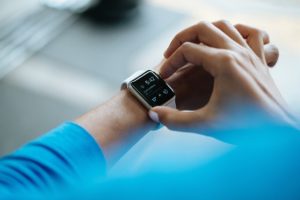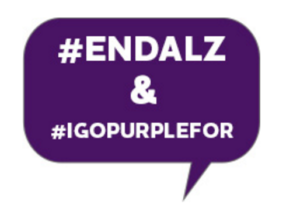Nursing & Healthcare Workforce Media Fellowship: Call for Applicants!
Deadline: August 15, 2016, 5pm ET

cc license: stanjourdan
Recent graduates and early career journalists are welcome to apply for The Center for Health, Media & Policy’s Nursing and Healthcare Workforce Media Fellowship. The goal is to help reporters advance their understanding and coverage of key issues and policy challenges surrounding the U.S. healthcare and nursing workforce. The Fellowship is supported by a grant from Johnson & Johnson.
As the nation focuses on improving people’s experiences with care, improving health, and reducing health care costs, this fellowship will enable journalists to improve coverage of this topic, with particular attention to the factors that affect existing and new roles of nurses and other health care providers.
The Fellow will investigate and report on a relevant topic of his or her choice for eight months, including cross-platform reporting. S/he will be selected from a pool of post-graduate and early career health journalist applicants in August and will begin work with CHMP in September, 2016.
A stipend and financial support is available to attend a major healthcare or health journalism conference, to foster networking and conversations with other journalists about nursing and workforce issues. There will be opportunities for one-on-one learning, training and networking with experts in nursing, policy and journalism from CHMP’s national advisory council.
Journalists with less than five years’ experience who are based anywhere in the United States can apply.
Learn more and download the requirements here.
Deadline: August 15, 2016, 5pm ET [caption id="attachment_11422"




